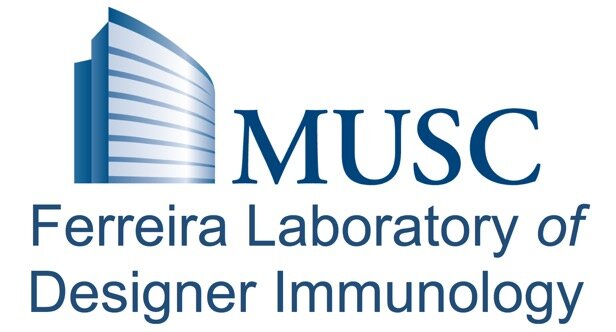Research

The adaptive immune system has evolved to specifically recognize and destroy a virtually infinite variety of pathogens (non-self), while remaining unresponsive towards tissues (self). A subset of helper T lymphocytes dedicated to suppressing immune responses, regulatory T cells (Tregs) are essential to maintain self tolerance and immune homeostasis. Yet, Tregs also constitute a barrier to anticancer immunity by heavily accumulating in tumors, inhibiting their clearance by tumor antigen-specific T cells.
Manipulating human Tregs offers the opportunity to modulate the immune system with antigen specificity in organ transplant rejection and autoimmunity. In addition, Tregs have the potential to help correct the defects in tissue repair and curb low-grade chronic inflammation observed in degenerative diseases and aging.
Yet, antigen-specific Tregs are vanishingly rare. Moreover, the best antigen target is often unknown. Synthetic biology can be used to impart a desired specificity to human Tregs, greatly expanding what targets can be pursued using Treg-based therapies. Chimeric antigen receptors (CARs) are synthetic immune receptors comprising an extracellular antibody-based antigen-binding domain and an intracellular signaling domain. By combining T cell signal 1 and signal 2 in its endomain, a CAR allows for potent T cell activation directly downstream of antigen recognition.
The CAR platform allows one to systematically study how specificity, affinity, and signaling modulate Treg and effector T cell function. It can also be used to target these cells to specific tissues and disease states independently of endogenous antigens recognized by resident lymphocytes, which have revealed difficult to identify, especially in humans.
The Ferreira Lab uses CARs and other engineered immune receptors to dissect how specificity, affinity, and signaling modulate the function of different T cells subsets in tolerance and immunity, ultimately informing the design and development of new immune cell-based therapies.

